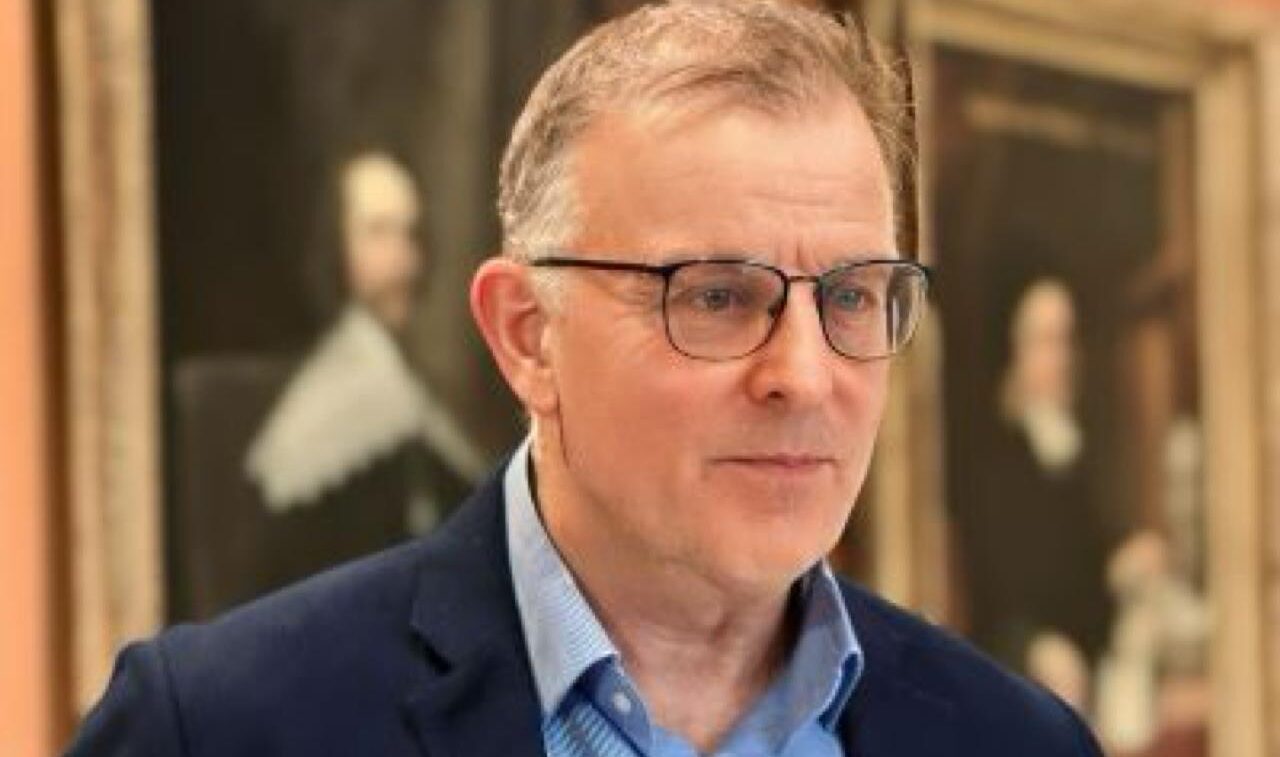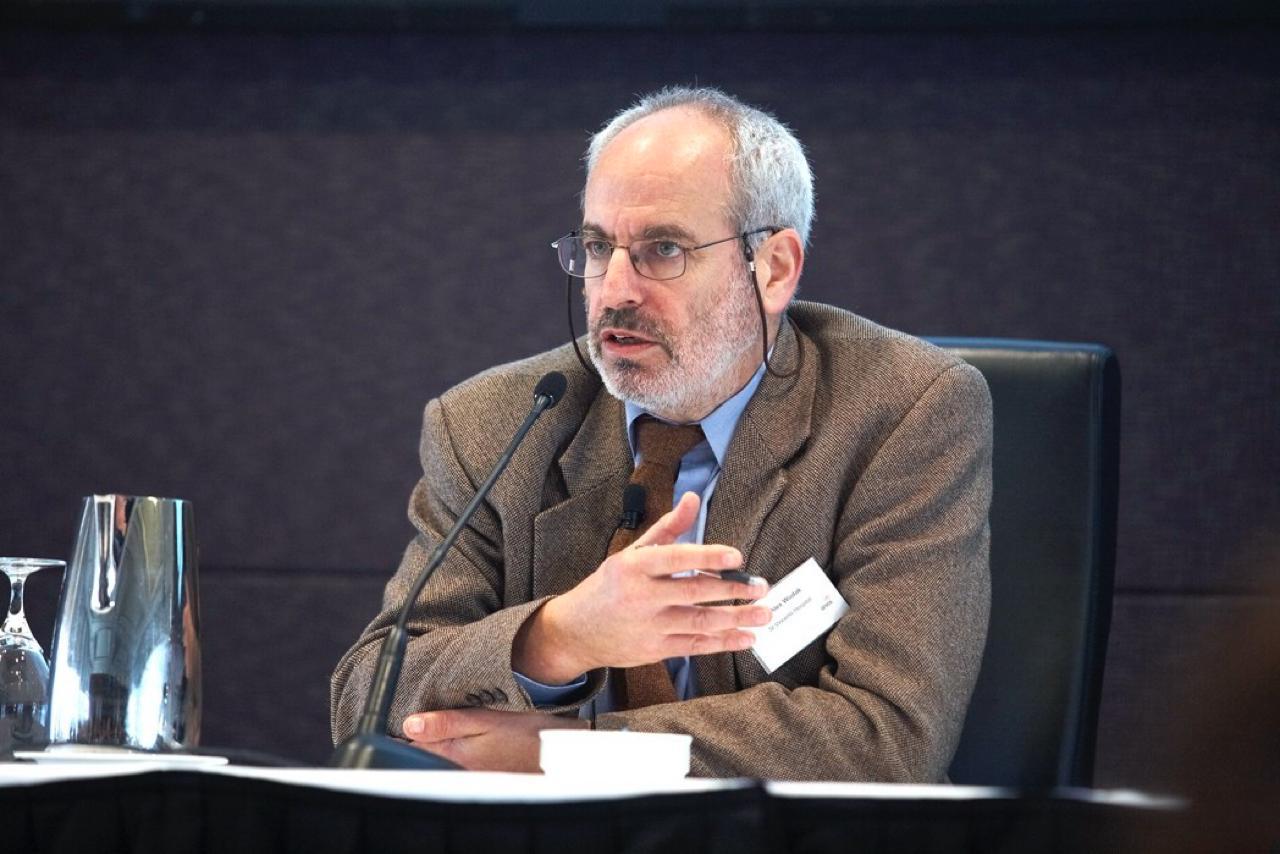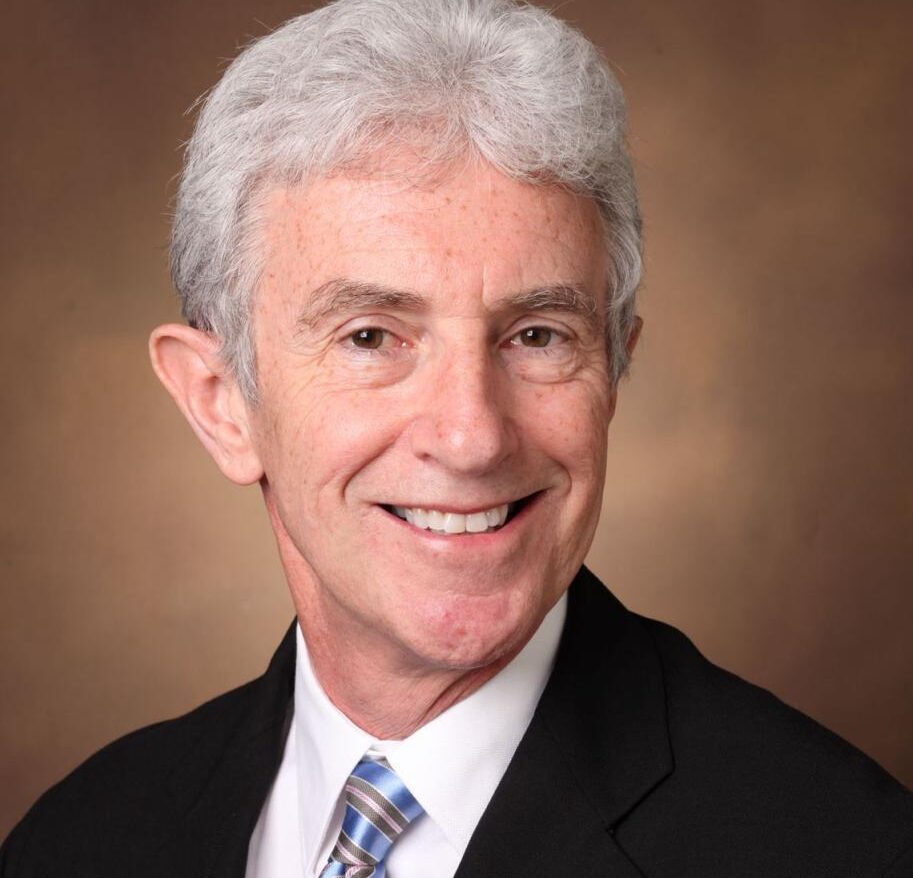Doctors, experts acknowledge the changing perception of nicotine
Medical professionals and public health experts are acknowledging a shift in the perception of nicotine, as smokers transition from cigarettes to innovative smokeless products like vapes, heated tobacco, and nicotine pouches.
Participants in a panel discussion at the recent Global Forum on Nicotine agreed that nicotine has been increasingly recognized for its broader applications, including potential therapeutic uses, and should not be continuously demonized as the cause of tobacco-related diseases.
Dr. Garrett McGovern, a general practitioner specializing in addiction medicine, said the growing popularity of e-cigarettes, which are significantly safer than combustible tobacco, has renewed interest in the impact of nicotine.
“I’m pretty sure before electronic cigarettes arrived, we never heard of nicotine and the developing brain,” he said. “It’s time to liberate nicotine and explore its potential benefits.” He noted that nicotine is seemingly “blamed for everything” and treated as the scapegoat when the real issue is harm reduction.
READ: Low-nicotine cigarettes cut use, dependence, study finds
Mark Oates, director of consumer groups We Vape and the Snus Users Association, expressed concern about the public’s misconception that nicotine itself causes smoking-related illnesses. “The media are incredibly scared to discuss this issue, which is a huge shame. And science also lacks the ability to research it because funding is hard to come by,” Oates said.
Despite the encouraging potential of harm reduction, the stark reality of 1.1 billion smokers globally remains a major concern. Panel moderator Clive Bates, director of Counterfactual Consulting Limited, said there are still 1.1 billion smokers in the world.
“Eight million a year are dying from smoking, hundreds of thousands of people are sick, and we can really do something about that,” he said, referring to the readily available harm-reduction products.
Dr. Carolyn Beaumont, an Australian general practitioner, shared her experience prescribing nicotine to smokers transitioning to vaping. Her research revealed that over half of her patients who switched to vaping were men aged 30 to 50, indicating their preference for safer alternatives before long-term smoking damage occurs.
She said around 80 percent of her vaping patients warned of a potential return to smoking if e-cigarettes became unavailable.
Dr. Alex Wodak, former director of the Alcohol and Drug Service at St. Vincent’s Hospital in Sydney, said reducing the annual death toll of 8 million should be the paramount objective. “That’s equivalent to the population of Switzerland every year. Reducing that number as fast as possible should be the paramount objective of everyone,” he said.
“People smoke for the nicotine but they die from the hostility to harm reduction. And our challenge is to come up with strategies that not just work, but work better than other strategies,” Dr. Wodak said.
Dr. Paul Newhouse, director of the Vanderbilt Center for Cognitive Medicine, described nicotine as a complex substance with diverse effects on the brain. He noted the dual nature of nicotine use, citing both its recreational and potential therapeutic purposes.
“I suspect that for many people, they will never want or need to use nicotine,” he said. “For a certain percent of the population, nicotine will be helpful… We have to acknowledge that for some folks and for some brains, nicotine has beneficial effects,” he said.
Oates said no society that started using nicotine became totally nicotine-free. “We’ve only seen countries like Sweden transition to safer versions. And so if people in public health and policymaking recognize that, then they can understand that the only way is to safer products,” he said.


